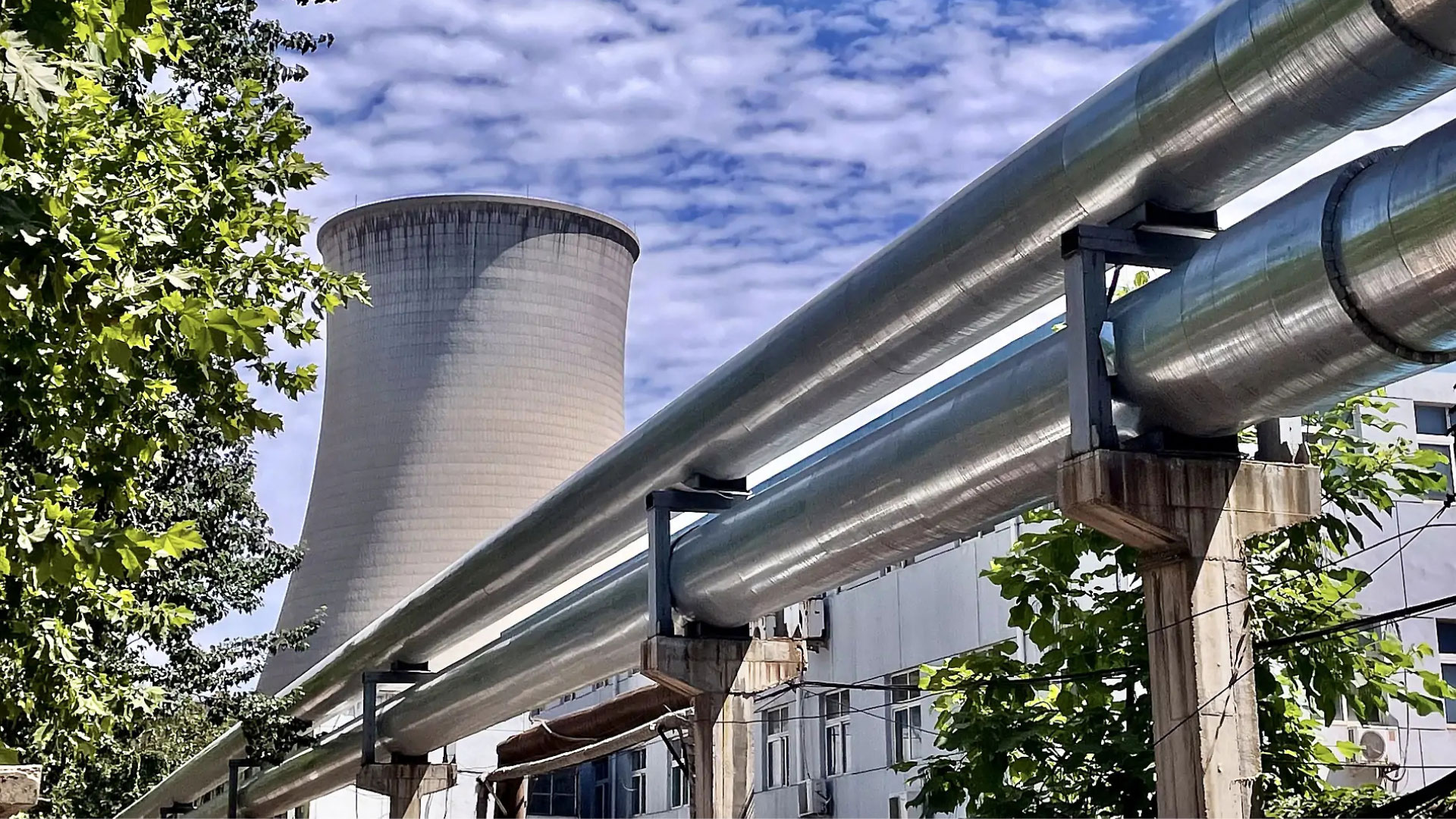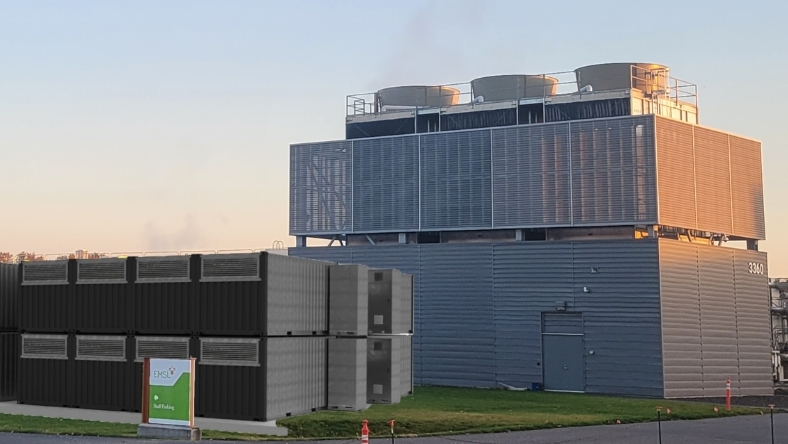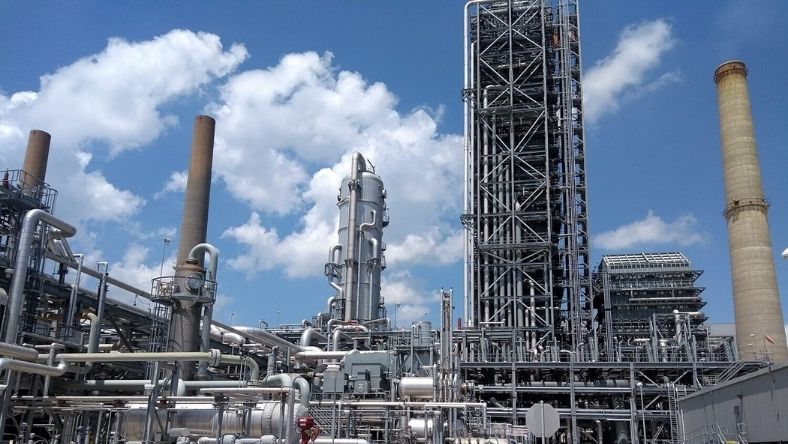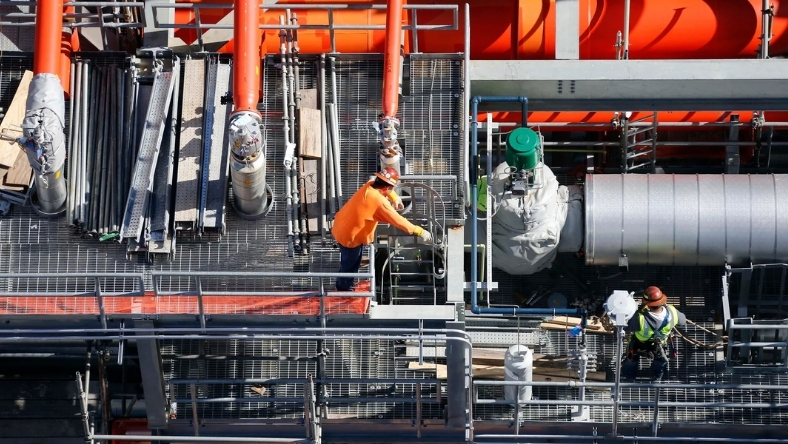REGULATORY
US Unveils New Safety Rules for CO₂ Pipelines
PHMSA proposes risk-based inspections and faster repairs as carbon pipeline network expands
3 Feb 2025

The US Pipeline and Hazardous Materials Safety Administration (PHMSA) has proposed a broad overhaul of its carbon dioxide pipeline regulations, as part of efforts to modernise safety standards in line with expanding carbon capture infrastructure.
Published on May 21, the draft rule introduces a risk-based framework to guide pipeline inspections and repairs, replacing current time-based requirements. Operators would be required to prioritise high-risk segments using real-time monitoring and data analytics, allowing for earlier detection of potential failures. The proposed rule also shortens the timeframe for mandatory repairs, aiming to reduce leak risk and improve public safety.
The regulatory update comes amid growing investment in carbon capture, utilisation and storage (CCUS) projects across the US. Companies operating large CO₂ transport networks have begun adapting to the expected changes. Summit Carbon Solutions, which is developing one of the country’s largest pipeline systems, has started integrating advanced sensors and real-time data tools. Denbury, a subsidiary of ExxonMobil and the operator of the largest CO₂ pipeline network in the US, said it is assessing additional safety upgrades to meet the new requirements.
The proposed changes follow heightened public concern after a 2020 pipeline rupture in Satartia, Mississippi, forced hundreds of residents to evacuate and led to multiple hospitalisations. Though nonflammable, CO₂ can displace oxygen in enclosed areas, presenting significant health hazards when released in high concentrations.
“Clearer safety standards will help both protect communities and support the continued development of carbon transport systems,” PHMSA said in a statement.
Stakeholders have until July 21 to submit comments, with the final rule expected by mid-2025. The agency’s move is seen as a critical step in supporting the Biden administration’s climate agenda, which includes large-scale deployment of CCUS technologies.
If adopted, the updated framework would establish the first major revision of CO₂ pipeline safety rules in more than a decade. It also signals a shift toward a more preventative approach to pipeline risk management, likely to influence international standards for carbon transport infrastructure.
Latest News
6 Feb 2026
New Monitoring Tech Points to a Safer CO2 Pipeline Era5 Feb 2026
Why CO₂ Pipelines Are Suddenly in High Demand4 Feb 2026
Can Digital Twins Keep Europe’s CO2 Pipelines Safe?3 Feb 2026
Compression Power Play Marks New Era for US Energy
Related News

INNOVATION
6 Feb 2026
New Monitoring Tech Points to a Safer CO2 Pipeline Era

MARKET TRENDS
5 Feb 2026
Why CO₂ Pipelines Are Suddenly in High Demand

TECHNOLOGY
4 Feb 2026
Can Digital Twins Keep Europe’s CO2 Pipelines Safe?
SUBSCRIBE FOR UPDATES
By submitting, you agree to receive email communications from the event organizers, including upcoming promotions and discounted tickets, news, and access to related events.